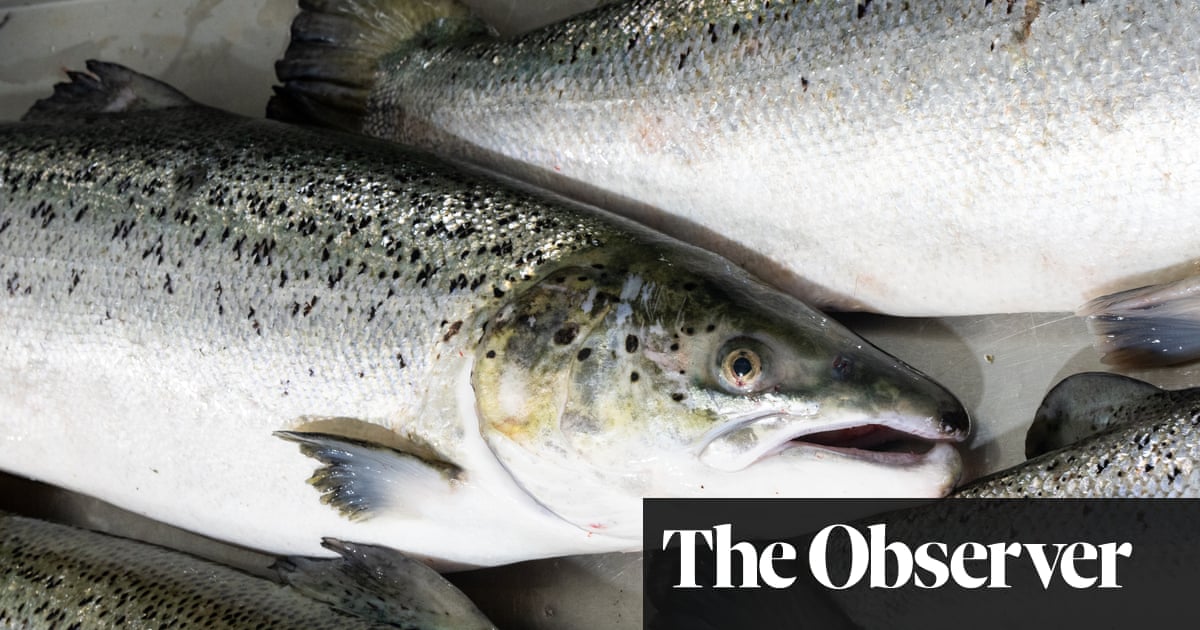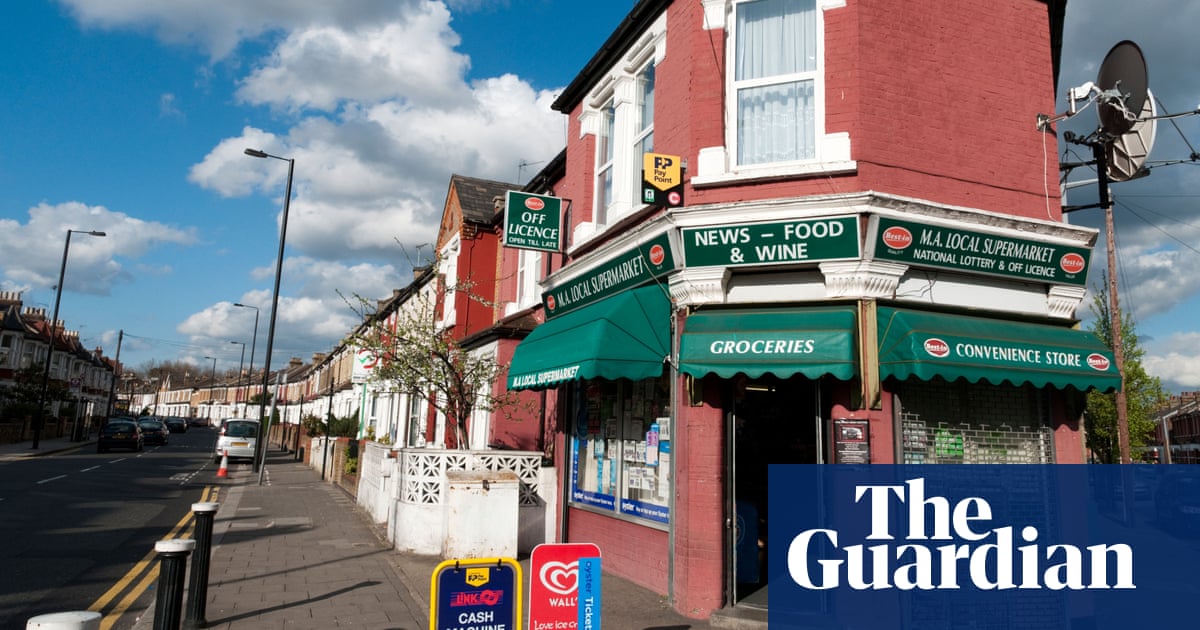
More than a million dead fish, the biggest mass die-off of farmed salmon in Scotland in a decade, have been recorded at a farm belonging to the UK’s largest supplier.
The deaths at two adjacent Mowi Scotland sites in Loch Seaforth on the Outer Hebrides – licensed as one farm by the Scottish government – rose to just over a million during the year-and-a-half production cycle that it usually takes to raise a salmon in seawater, and which in this case began in spring 2023. Mowi supplies salmon to retailers including Sainsbury’s, Tesco, Asda and Ocado. Many of its farms, including those in the Hebrides, are certified under the RSPCA Assured label, which guarantees higher animal welfare standards.
The data, analysed from government statistics by Scotland’s Coastal Communities Network (CCN), which exists to protect Scotland’s coastal and marine environments, and NGO Free Salmon, is “deeply concerning”, said John Aitchison, speaking on behalf of CCN’s 30 member groups. Mass deaths of farmed salmon are a growing problem, he said, and can in some cases be an indicator of poor welfare.
At the end of last year, when mortality in Scotland’s farms hit record levels, Chris Packham called for a halt to the expansion of the Scottish salmon farming industry. Despite this, salmon remains the UK’s second most popular fish (after tuna), with sales in the year to June worth £1.3bn.
“This is the first time since 2014 [when regular reporting began] that more than a million farmed salmon deaths have been reported at a single farm site in one production cycle,” said Aitchison. “We expect to see more salmon deaths in Scotland because farms are becoming even larger.”
Meanwhile, activist group Animal Rising filmed salmon at Seaforth during the same production cycle in which the million deaths occurred, with the video appearing to show sick fish with patches of raw, descaled flesh, scraped mouths and swollen or burst eyeballs.
Mowi Scotland confirmed the death total of 1.05 million fish, which it said was a combined figure for two sites, Seaforth and Noster.
Ben Hadfield, Mowi Scotland’s chief operating officer, rejected any suggestions mass mortality is a sign of poor welfare and said the deaths were due to an unprecedented rise in sea temperatures which resulted in jellyfish blooms, a problem blighting Scottish production. Jellyfish stings to salmons’ eyes, skin and gills risk health problems and death. “[Any] suggestion that this is caused by bad farming, fixation with profits [or] overstocking is … very false and misleading,” Hadfield said.
Salmon mortality at Mowi Scotland has fallen by two-thirds this year due to normalisation of temperatures, the company said.
Of the Animal Rising footage, Hadfield said it was selective. “What the video shows is fish with eye damage after, you would think, jellyfish stings or wounds that are healing after jellyfish blooms. It does not show the majority of the population.”
Much of the salmon sold in UK supermarkets comes with the RSPCA Assured label. Last month, the RSPCA suspended three Scottish salmon farming sites from the scheme after the release of covert video footage by an animal rights group that showed alleged breaches of welfare regulations.
An RSPCA Assured spokesperson said it had removed Fiunary salmon farm, owned by Scottish Sea Farms, from the scheme, while Mowi’s Loch Alsh and Bakkafrost’s Ardcastle were sanctioned and are receiving extra, unannounced inspections. After this, Scottish Sea Farms and Bakkafrost told the news website West Coast Today they had taken immediate remedial action at the affected sites, while Mowi said it was carrying out its own internal investigation and that the Loch Alsh site was not currently supplying any of its customers.
In the case of the one million salmon deaths at Mowi’s Loch Seaforth sites, neither the video nor the record deaths have threatened Mowi’s higher welfare label, an RSPCA Assured spokesperson told the Guardian, because jellyfish-linked disease outbreaks and “other waterborne insults” were beyond the supplier’s control.












